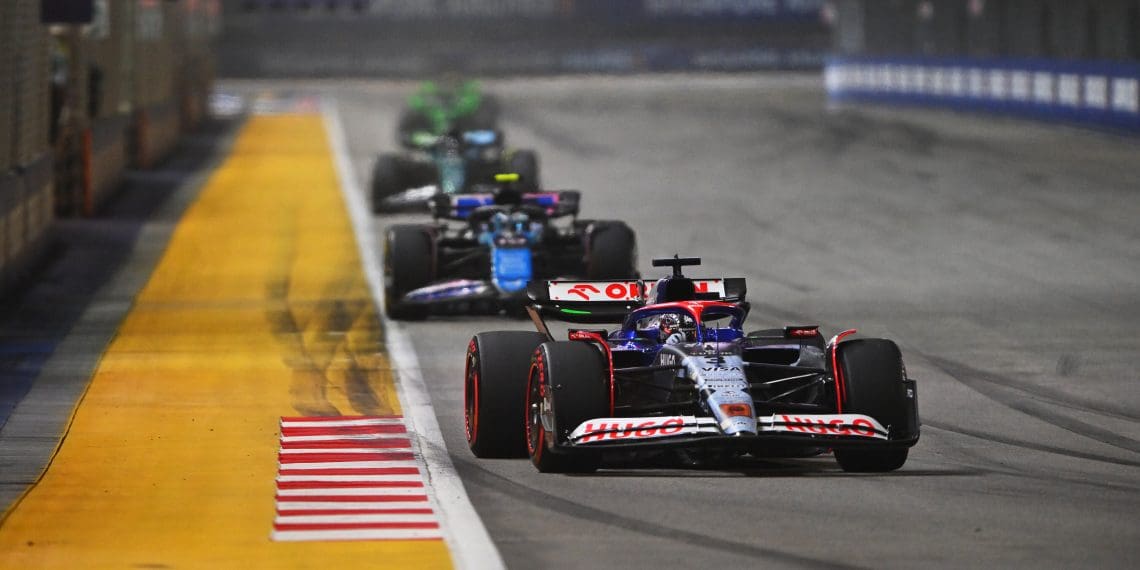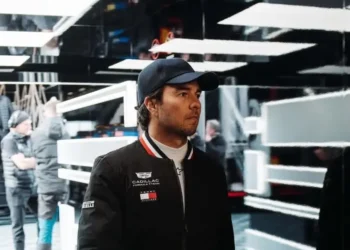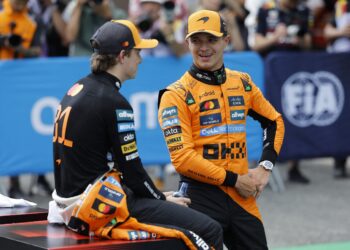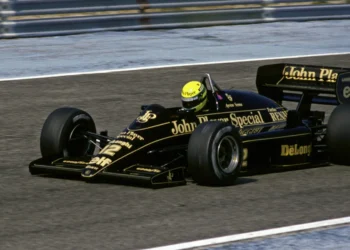Daniel Ricciardo’s Formula 1 journey came to a poignant end last Sunday in Singapore as VCARB confirmed his replacement by Liam Lawson from the Austin Grand Prix onwards. The Singapore GP marked Ricciardo’s final race, and it was an emotional exit for the Honey Badger, who soaked in his last moments in the cockpit after setting the fastest lap—a fitting farewell for a driver who once electrified the F1 world.
The weekend was rife with speculation about Ricciardo’s future, and by the time the checkered flag waved, it was clear that the once-celebrated Red Bull hero was racing his last laps. After stints with Renault and McLaren that failed to recapture the magic of his Red Bull days, Ricciardo found himself back in the Red Bull fold with VCARB (formerly AlphaTauri), only to discover that his glory days were behind him.
Ricciardo’s F1 career took a dramatic turn when he left Red Bull at the end of 2018, betting on a fresh start with Renault. But despite flashes of brilliance—including his stunning win at Monza in 2021 with McLaren—the Australian struggled to find his form. Consistently outpaced by teammate Yuki Tsunoda during his stint with VCARB, Ricciardo’s dream of a comeback quickly faded.
Red Bull advisor Helmut Marko didn’t mince words, pinpointing Ricciardo’s decision to leave Red Bull as the pivotal moment that derailed his career. “I think the decision to leave Red Bull Racing was the turning point in his career,” Marko told Motorsport Total. “He didn’t have a winning car at either Renault or McLaren. The Monza win was a special circumstance, but his killer instinct was gone.”
Marko further speculated that Ricciardo’s departure was fueled by doubts about Red Bull’s switch to Honda engines and the allure of Renault’s promises, led by then-team principal Cyril Abiteboul. Financial incentives were not significantly different, and Red Bull had warned Ricciardo that podiums would be few and far between with Renault.
“He came to us beating Vettel with three wins in 2014, but by the time Max [Verstappen] joined, he got stronger and stronger,” Marko explained, highlighting the internal pressures that may have influenced Ricciardo’s exit. The lack of a competitive car at Renault and McLaren, coupled with Verstappen’s meteoric rise, ultimately left Ricciardo chasing a shadow of his former self.
Ricciardo’s farewell in Singapore, where he clinched the fastest lap, was bittersweet—a final glimpse of the speed that once made him a formidable force on the grid. However, it was not enough to convince Red Bull or VCARB to keep him on board. Marko made it clear that Ricciardo’s mandate was to outperform Tsunoda, something he managed only sporadically. “It was clear that this story of the prodigal son rejoining Red Bull Racing unfortunately didn’t work out,” Marko said.
Despite the challenging final chapters of his career, Ricciardo remains at peace with his journey, expressing gratitude and closure in his farewell message. With 257 races, eight victories, three pole positions, and 24 podiums, Ricciardo’s legacy is undeniable. His departure marks the end of an era, and while his recent struggles overshadowed his early triumphs, the Honey Badger will always be remembered as one of the sport’s most charismatic and beloved drivers.










